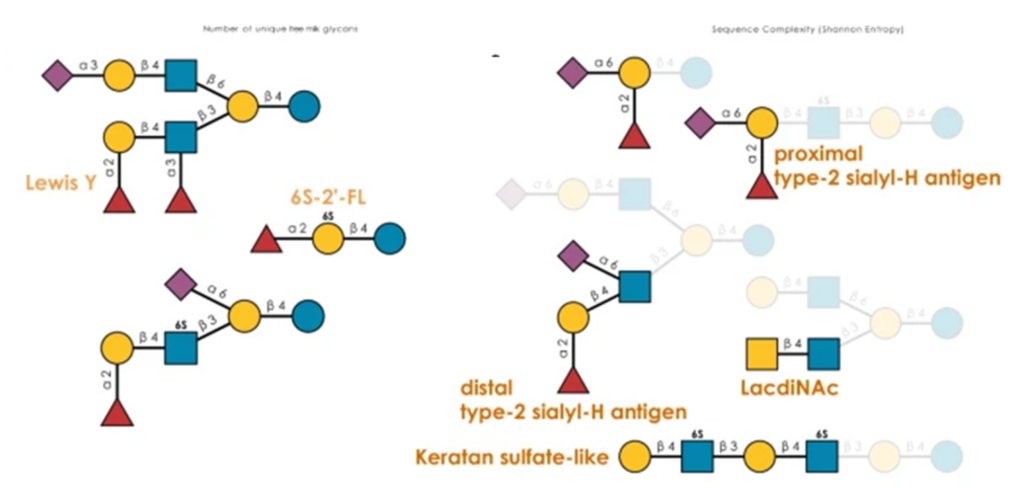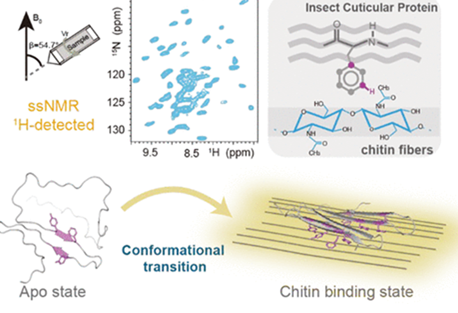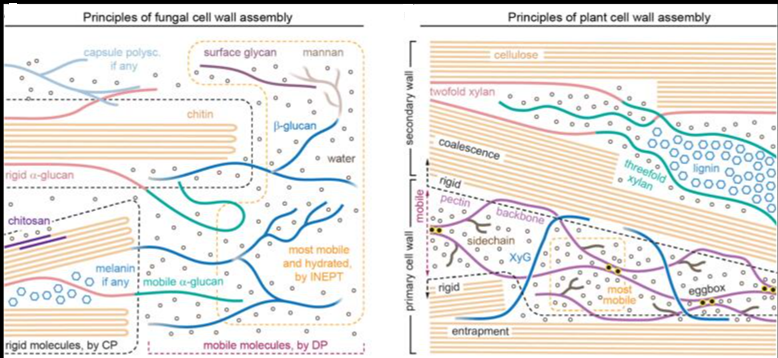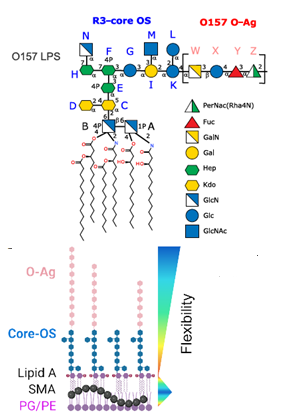Antimicrobial resistance (AMR) is emerging as the next potential pandemic. Different microorganisms, including the bacteria Acinetobacter baumannii, Clostridioides difficile, Escherichia coli, Enterococcus faecium, Klebsiella pneumoniae, Neisseria gonorrhoeae, Pseudomonas aeruginosa, non-typhoidal Salmonella, and Staphylococcus aureus, and the fungus Candida auris, have been identified by the WHO and CDC as severe or urgent AMR threats. Others, such as group A and B Streptococci, are classified as concerning threats.
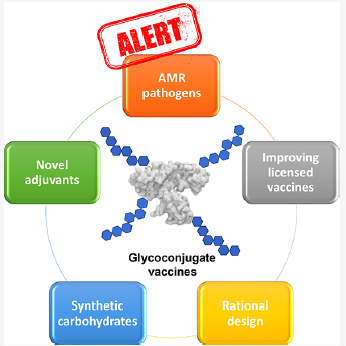
Glycoconjugate vaccines provide an efficacious and cost-effective measure to combat infections against Haemophilus influenzae, Neisseria meningitis, Streptococcus pneumoniae, and, more recently, Salmonella typhi. Recent times have seen enormous progress in assembling complex glycans and glycoconjugates, with developments in synthetic, chemoenzymatic, and glycoengineering methodologies. This review analyzes the advancement of glycoconjugate vaccines based on synthetic carbohydrates to improve existing vaccines and identify novel candidates to combat AMR. The literature survey offers an overview of structure−immunogenicity relationships from available data. It helps identify gaps and areas for further research to better exploit carbohydrates’ peculiar role as vaccine targets and create the next generation of synthetic carbohydrate-based vaccines.

